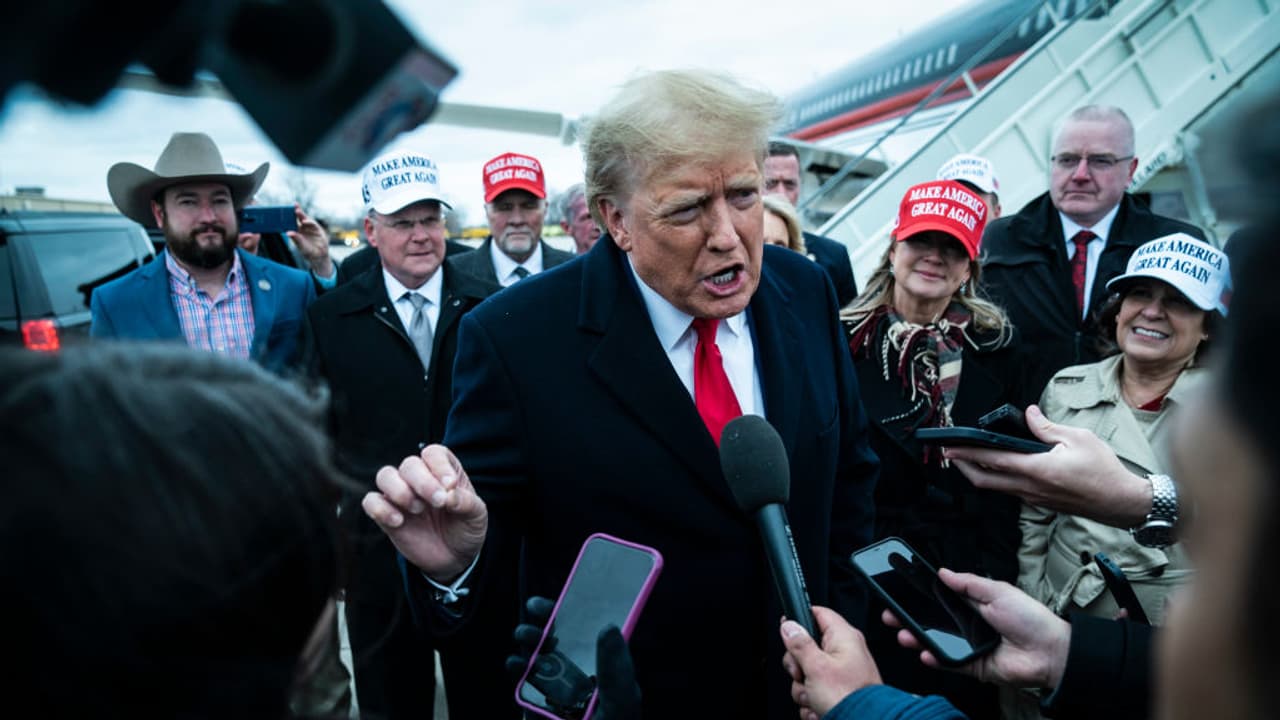Six months into Trump 2.0, his Indo-Pacific approach faces mounting doubts from allies and partners.
Well into Donald Trump’s second term, his Indo-Pacific strategy is raising concerns over its narrow focus and limited long-term vision. By prioritizing hard power over softer tools of influence, the current administration risks weakening Washington’s standing across the region.
One defining feature of Trump’s approach has been a heavy emphasis on military strength and security commitments. Washington views China as the central threat and has pressed allies to shoulder more defense spending. The administration has even sought explicit clarifications on what partners would do in the event of conflict in the Taiwan Strait. While such moves highlight U.S. concern over Beijing’s assertiveness, they reflect a strategy reliant on coercion and pressure.
Security Focus Overshadows Soft Power Needs
The challenge is that this approach overlooks the importance of soft power. U.S. foreign aid, trade initiatives, and cultural diplomacy have historically built trust and strengthened partnerships. Yet Trump has scaled back these tools, dismantling such policies and failing to advance the Indo-Pacific Economic Framework. Coupled with tariffs on key allies, these decisions have eroded America’s image rather than enhancing it.
Diplomatic influence requires more than military capability. Allies often prefer gradual cooperation rather than being compelled into direct confrontation with China. But Trump’s focus on deterrence and demands for defense commitments project a containment strategy that few partners fully agree with. This has created unease among states that value peace and prosperity as much as security guarantees.
Institutional arrangements have also been unsettled. Instead of reinforcing partnerships such as AUKUS, Trump subjected the defense pact to review, raising doubts about U.S. commitment. A weakening AUKUS could leave Washington less prepared to deter Chinese aggression, particularly around Taiwan. Meanwhile, the QUAD continues to face questions over its capacity, with no clear plan from the administration on how it will advance. Strained relations with India further complicate the group’s prospects.
Allies Hedge as China Expands Regional Influence
Trump’s reliance on coercive statecraft is evident beyond security issues. Tariffs, economic pressure, and demands on allies have generated discomfort across the region. Southeast Asian nations like Indonesia, Malaysia, and Vietnam are deepening ties with China through groups such as BRICS and the Shanghai Cooperation Organization. Even Japan has resisted U.S. calls for trade blocs that might jeopardize its economic relationship with Beijing.
For many in the region, what is most needed is a counterweight to China’s influence that balances both security and cooperation. Trump’s strategy, dominated by hard power and aggressive measures, risks alienating rather than uniting partners. By sidelining soft power and dismantling cooperative frameworks, the U.S. is making it easier for Beijing to expand its reach.
The consequences are becoming increasingly visible. Instead of rallying around U.S. initiatives, some allies are hedging against Washington’s unpredictability. While America’s military remains formidable, countering China’s rise requires more than unilateral shows of strength. Long-term presence in the Indo-Pacific demands trust, engagement, and the building of resilient partnerships.
Trump’s “America First” instincts resonate at home but are proving counterproductive abroad. Allies wary of coercion are less likely to commit wholeheartedly to U.S. strategies. With regional players unwilling to alienate China, Trump’s approach risks isolating the very coalition needed to balance Beijing’s growing power.
Unless the administration can integrate economic, cultural, and diplomatic tools with its security agenda, Washington may find itself increasingly sidelined. In a region where influence is measured not only by force but by trust, the absence of soft power could undermine U.S. goals more than any rival’s advances.
